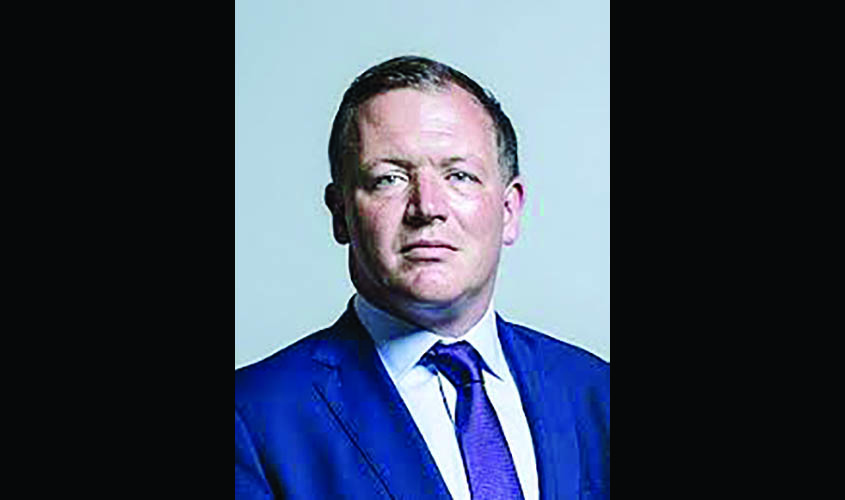The report examines who the innovators and propagators are; how sound-bite news is disseminated; and the demographics of public understanding of news.
The House of Commons Digital Culture Media and Sport Committee (DCMSC), a group of 11 cross-party MPs, dived into the water of examining the use “fake news” and disinformation on social media, without knowing how deep the water was. The report concludes that the distribution of hyper-partisan views with a particular agenda for political or financial profit is a threat to British democracy and calls for legislative reforms.
The DCMSC interviewed 61 witnesses, including Christopher Wylie, Cambridge Analytica whistleblower, and Bill Browder of Hermitage Capital, senior YouTube and Google executives, many eminent international academics and experts, international media/advertising and policy representatives, the co-founder of the Leave.EU campaign, Aaron Banks, the UK Information Commissioner and UK Secretary of State Matt Hancock. Alexander Nix, former chief of Cambridge Analytica and Leave.EU director, Dominic Cummings had to be summoned. For the first time ever, a public/live broadcast oral evidence session was held in Washington DC. The Committee had contact with witnesses from North America, European Countries, Singapore, Australia and Uzbekistan.
The report was leaked by Damian Collins, MP and Chair of DCMSC, before its due date. It contains startling claims, such as, “There are more than 2 billion people who use Facebook, which is about the number of conventional followers of Christianity. There are about 1.8 billion users of YouTube, which is about the number of conventional followers of Islam”; and 80+ pages of corroborated evidence of hacking and bad practice, detrimental, but for the moment, not illegal.
Damian Collins has likened the internet to the Wild West, currently a political manipulation opportunity for anyone with the savoir faire and budget; throughout the inquiry Collins has been shocked by the findings of user data being abused by Facebook, LinkedIn, state-sponsored actors, private companies, not-for-profit organisations and political groups, usually to influence voting. The report examined how this impacted the US election and the Brexit referendum, both in 2016, and to a certain extent the 2017 Catalan Independence Referendum. There is a chapter on the sophistication and extraordinary reach of Russian interference through the channels Sputnik News and Russia Today, bite sized news disseminated through false accounts on Twitter and Facebook, with the intention to instil doubt and confusion; this is what Theresa May called weaponising information. A special Select Committee in the House of Commons has been formed to scrutinise Russian related activity.
The report examines who the innovators and propagators are; how sound-bite news is disseminated; and the demographics of public understanding of news. The report asks when news becomes “fake” and “if all views are equally valid, does objectivity and balance lose all value…”
It breaks fake news into categories: fabricated, manipulated, misleading and imposter content, false context, satire and it evidences that the micro-targeted messages of all these could mislead news consumers. Social media platforms are held accountable for much of the individual targeting of misleading news, as most users accept content as true and are unaware where the content has originated from. The report calls for in-depth digital literacy, so folks can understand the newsfeed is specially created for them based on their likes and profile, or by an algorithm, or it is “paid news”. Researchers told the inquiry it was hard for people to discern the authenticity of what they read, but once read it was hard to disregard.
DCMSC made five recommendations to improve transparency, privacy and accountability. First, DCMS wants a new avatar of tech company, neither a platform nor a publisher, but a company that is legally liable for its content, with audits on security mechanisms and algorithms to check if they are operating responsibly. Second, to impose a tax on tech companies to fund digital education and the Information Commissioner’s Office, just as the banking sector pays for the Financial Conduct Authority. It recommends a public register for political advertising (called dark ads in the report) and changes to the Electoral Commission’s rules, including “the issue of shell corporations and other professional attempts to hide identity in advert purchasing, especially around election advertising”. It suggests the Competition and Markets Authority conduct audits and take actions against fake Facebook and Twitter accounts. DCMCS also proposes a voluntary Digital Atlantic Charter, in collaboration with the US, to reassure users that their digital rights are guaranteed, and finally a permanent public initiative to familiarise users with the context of content on social media (the source), their personal data rights and how to report misleading information. A more comprehensive and substantive report is due this autumn.

